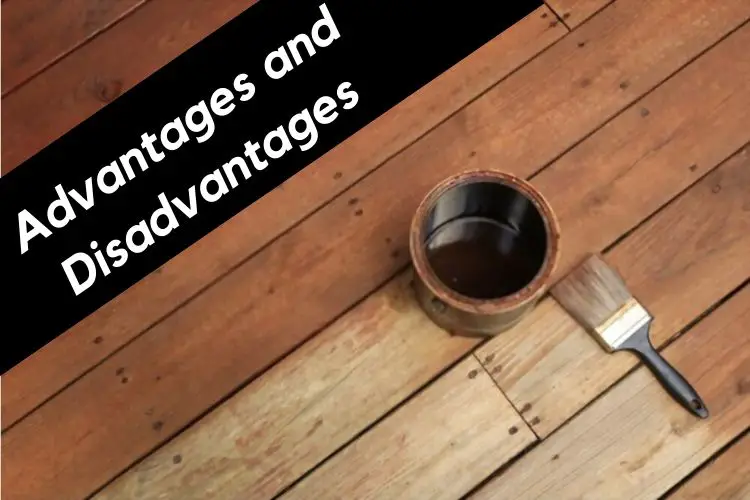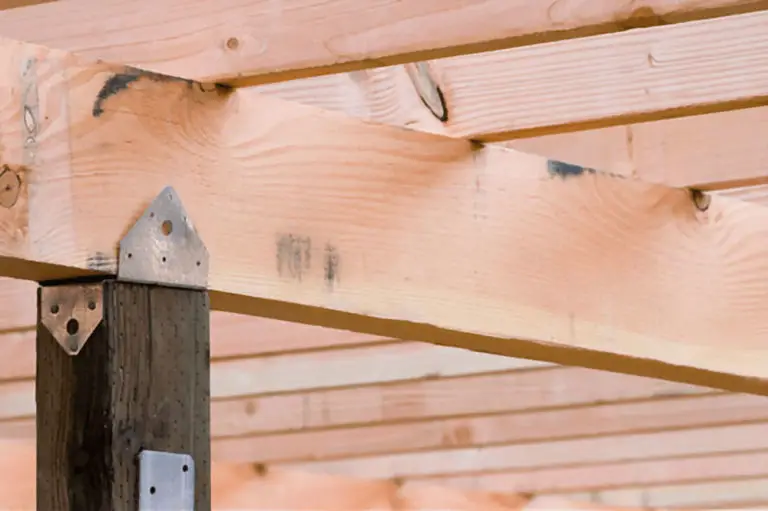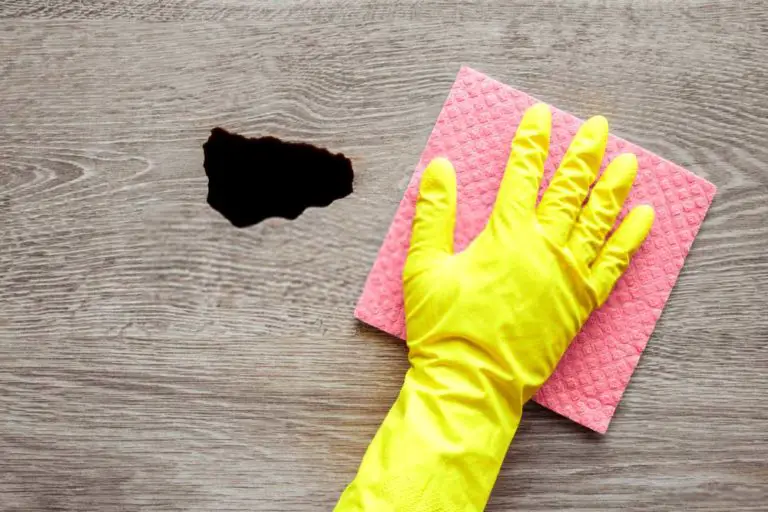Are you looking for a quality stain for your woodworking projects? Then, you have various options to choose the best one. The oil-based and water-based stain is the most well-known options among the stains.
Indeed, staining is an effective maintenance system for your old and damaging Deck. Wherein water-based stain is good for drying the stain quickly and holding its color.
And, the oil-based paint is the best for providing a thicker seal on the wood with a great finish. So, you go to select the best option from oil-based Vs. Water-based stain, it might confuse you.
Let us help you to select the right stain with the analysis of oil-based and Water-based stain.
Oil-Based VS Water-Based Stain (Advantages and Disadvantages)
It will be easier to select the right stain if you understand the oil-based Vs. water-based stain.
Plus, to get the best stain, you can follow our other content about the best deck stain.
Ultimately, understanding the advantages and disadvantages is very important to choose the right stain. So, let’s talk about oil-based Vs. Water-based stain in detail.

| Differentiable factors | Oil-based stain | Water-based stain |
| Popularity | Oil-based stains are the most popular stain when it comes to woodworking projects. Probably, that’s why the woodworker prefers the oil-based stain for almost all woodworking projects. | The water-based stain is not so popular as an oil-based stain. That’s because it lacks durability, smoothness, shininess, and so on. |
| Gives an Even Finish | Unlike the water-based stain, the oil-based stain needs quite lots of time to dry. But it will give an excellent finish on your wooden floor. | The water-based stain gets dry quickly when applied on woodworking projects. But likewise, the water-based stain, it doesn’t give so much smoother finish. |
| Durability | You might find the oil-based stain is taking time to dry on the stain. But it takes time so that it can last for a prolonged period on your wooden floor. | The water-based stain lacks durability. It hardly lasts for 1-2 years, whereas the oil-based stain lasts more than two years. |
| Setting Time | The oil-based stain takes a lot of time to dry because of its thickness. So, it mightn’t be a good option for urgent projects. | The water-based stain is most applicable to simple, small, and notably urgent projects. |
| Cleaning Process | You might need spirit, detergent, dishwasher, etc. to repel the oil-based stain. Moreover, it consumes lots of time to clean | Compared to the oil-based stain, it is quite easy to remove the water-based stain. You only need water and soap to remove the water-based stain as it contains nothing more than water. |
| Maintenance Requirement | The oil-based stain is more durable and long-lasting than the water-based stain. Most probably, that’s why it needs very almost zero maintenance. You don’t need to give too much effort to hold the attractiveness of the oil-based stain. | As we know, the water-based stain is not so durable and long-lasting; as, the oil-based stain. So, you have to maintain it weekly or monthly to protect from penetration of the external elements. |
| Flammability | Whether it is acute sunlight or any other firework, the oil-based stain has a great ability to resist them. In a word, it has great flammability compared to the oil-based stain. | The water-based stain also contains some ability to resist the acuteness of fire. But, compared to the oil-based stain, its flammability is very poor. |
Relevant Questions:-
Can you use an oil-based stain over water-based?
Yes, there are some oil-based stains that you can apply over the water-based stain. But you must wait at least 24 hours before re-coating the water-based stain with the oil-based stain.
How do you tell if deck is oil or water-based?
There are some methods to differentiate the oil-based stain from a water-based stain. Let’s know some of them.
- Firstly, the oil-based stain gives a greater finish than the water-based finish. So, when you touch the oil-based Deck, you’ll find it very smooth and shiny.
- The oil-based stain doesn’t react to the liquor. If Deck’s color reacts with the alcohol, then the Deck is pained with the water-based stain.
When should I use a water-based stain?
Water-based stain cannot give a smooth finish, likewise the oil-based stain. Instead, it grows the grain on the wood when applying. Moreover, it cannot protect the wood from heat or fire so perfectly.
But the water-based stain has a great ability to dry fast and moisturize the wood. So, when conducting fast, small or simple projects, it is a great choice for the user. However, the uses of water-based stain also enhance the longevity of an oil-based stain.
To increase the stain’s lifespan, you better apply water-based stain before applying the oil-based stain.
The Sum Up!
Indeed, the water-based stain is a good option to stain your wooden floor quickly. Conversely, the oil-based stain is the best for a durable and weather-resistant treatment. You must consider these facts when selecting a stain between oil-based Vs. water-based stain.
Before selecting the correct stain for your Deck, you must consider some other things. They are the weather resistance capacity, smooth finish, thicker coating, of the stain.
Hopefully, you can now choose the flexible stain to protect your woodworking projects.
Read Also:
Cabot Vs Olympic Deck Stain (In-Depth Comparison Review)
Painting Vs Staining Deck (7 Things Nobody Told You)
Deck Stain Vs Sealer








Hi
I have just had a log cabin erected and need to waterproof and stain it.
My choice of waterproofer is Roxil by safeguard Europe, but this is a silicone waterproofer. I need a water based stain to go under the waterproofer but many say they can’t be used with silicone products.
Any advice is welcomed.
(great blog by the way😊)